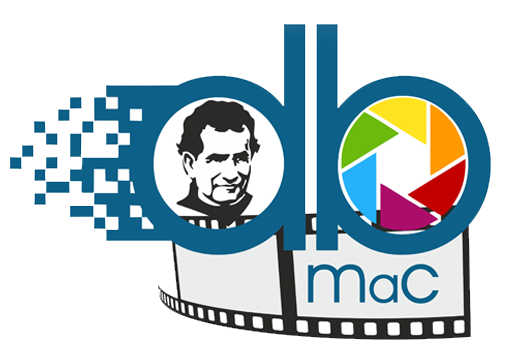A model of board management maturity is a tool that can assist a board in assessing their current governance practices and identify the most effective way to improve the quality of their governance. These models offer criteria and scoring systems for assessing capabilities and provide an approach to implementing process improvements.
Although maturity models for project management were initially designed to aid in software development, they can be utilized by any organization to analyze their processes and ensure that they are working properly. These models contain a questionnaire or survey that can be used for measuring capabilities. Companies can also examine the project’s results and other documents to confirm their accuracy.
There are various levels of maturity, each representing a different stage of the process from improvisational to formal project management. Each stage comes with its own set of challenges and requirements and it is crucial to select the appropriate maturity model that is https://healthyboardroom.com/is-your-team-ready-to-handle-a-board-crisis/ appropriate for your company’s needs.
Level 1 – Initiating at this stage, the organizational processes are unpredictable and reactive. This is a common stage for small and start-up companies, since it focuses on tactical problems rather than strategic goals.
Level 2 – Development – At this stage, processes are more well-defined. Companies can now focus on improving their internal processes.
Level 3 – Institutionalizing At this point the processes within the business are more standardized and organized. This is the ideal time for companies and teams to begin drafting the organizational standards and then implementing them across the entire company.

